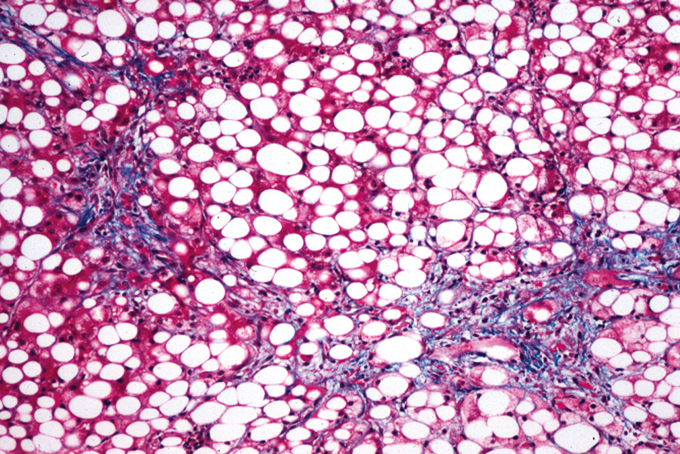Vital Therapies saw its shares crater 89% this morning after saying it has halted development of its lead candidate, Extracorporeal Liver Assist System (ELAD®) for acute forms of liver failure, which failed a pivotal trial, and will explore strategic options.
The announcement followed the extracorporeal human allogeneic cell therapy’s failure in a Phase III trial in patients with severe alcoholic hepatitis. ELAD failed the VTL-308 pivotal study (NCT02612428) by failing to achieve the study’s primary endpoint of a significant improvement in overall survival through at least 91 days assessed using the Kaplan Meier statistical method, Vital said.
The trial’s secondary endpoint of proportion of survivors at study day 91 also showed no statistically significant difference between the groups.
“In light of these results, the company does not believe the ELAD System can be approved in the U.S. or EU, if ever, without additional clinical trials that would require substantial capital and time to complete,” Vital said in a statement.
VTL-308 completed enrollment at the end of March 2018 with 151 subjects (78 in ELAD-treated arm, 73 in control arm) enrolled at 38 sites in the U.S. and EU subjects in VTL-308 were randomized 1:1 to either ELAD plus standard-of-care, or standard-of-care alone.
The VTL-308 trial, which enrolled its first subject in May of 2016, was designed based on insights from pre-specified and post-hoc analyses of the company's earlier Phase III VTI-208 clinical trial (NCT01471028), Vital said.
Vital acknowledged the failure of VTI-208 to meet its primary and secondary endpoints in August 2015— of overall survival through at least 91 days assessed using the Kaplan Meier statistical method, and proportion of survivors at study days 28 and 91, respectively.
Target Population Modified
Later that year, however, Vital added that reduced ELAD tolerability in subjects with higher Model of End-Stage Liver Disease (MELD) scores, exacerbated in older subjects, contributed to the overall failure of the study. Specifically, participants with kidney dysfunction and serious blood coagulation problems, both components of MELD score, had poorer outcomes.
Based on these findings, Vital modified its target population in VTL-308 by excluding subjects aged 50 years or older and those with a MELD score of 30 or higher. Subjects were also excluded with creatinine of 1.3 mg/dL or above, which limits kidney dysfunction, and international normalized ratio (INR) above 2.5, which limits blood coagulopathy.
The company also raised its requirement for patients to show a third MELD component, bilirubin, to a minimum of 16 mg/dL to ensure that liver dysfunction is a major contributor to MELD. Vital cited a post-hoc analysis of the subset of the VTI-208 clinical trial matching these criteria, which showed 60 subjects with overall survival through at least 91 days.
Investors responded to the failure of VTL-308 with a stock selloff that sent the company’s shares down 89% in premarket trading as of 9:10 a.m., to 70 cents a share from $6.30.
Just days ago, Vital was hyped as one of “3 Biotech Stocks That Could Double Your Money” by The Motley Fool.
The article cited a favorable analysis of the company’s stock by Cantor Fitzgerald that concluded ELAD “could be a big winner for people with acute liver failure,” and that “odds of success seem awfully high given the results from the previous subgroup.”



